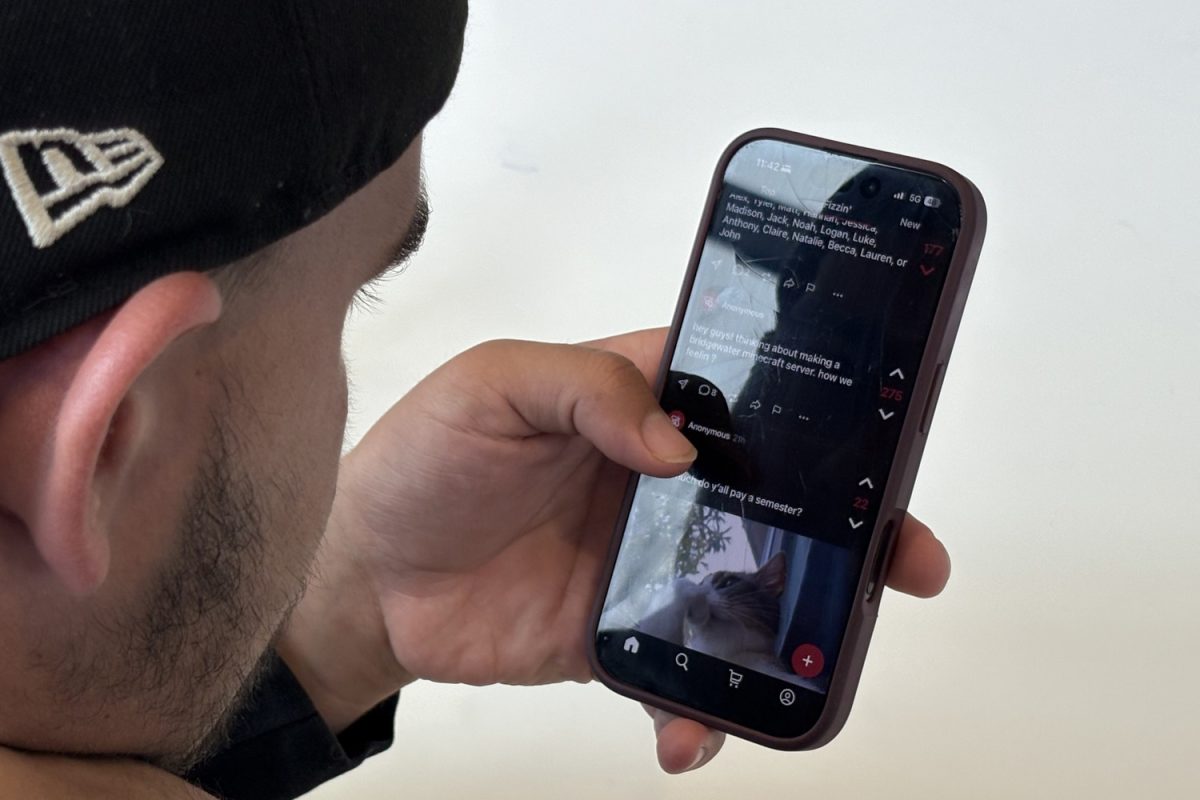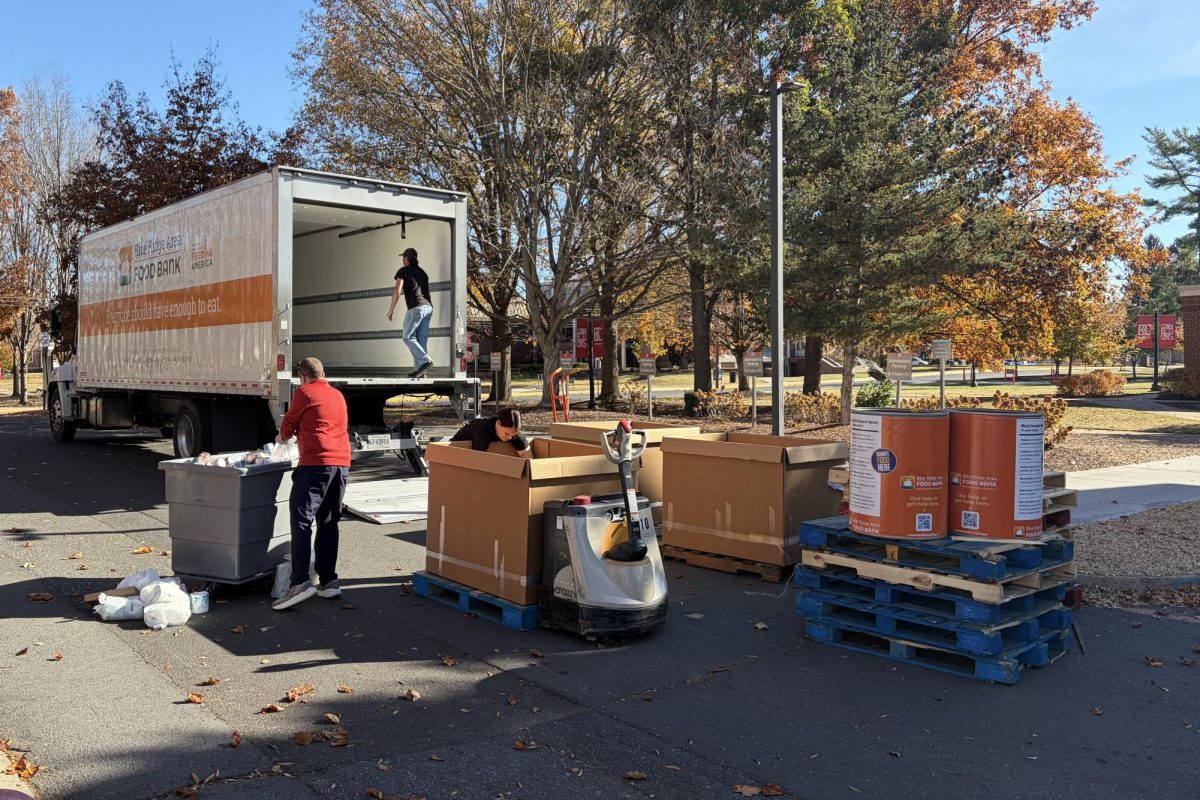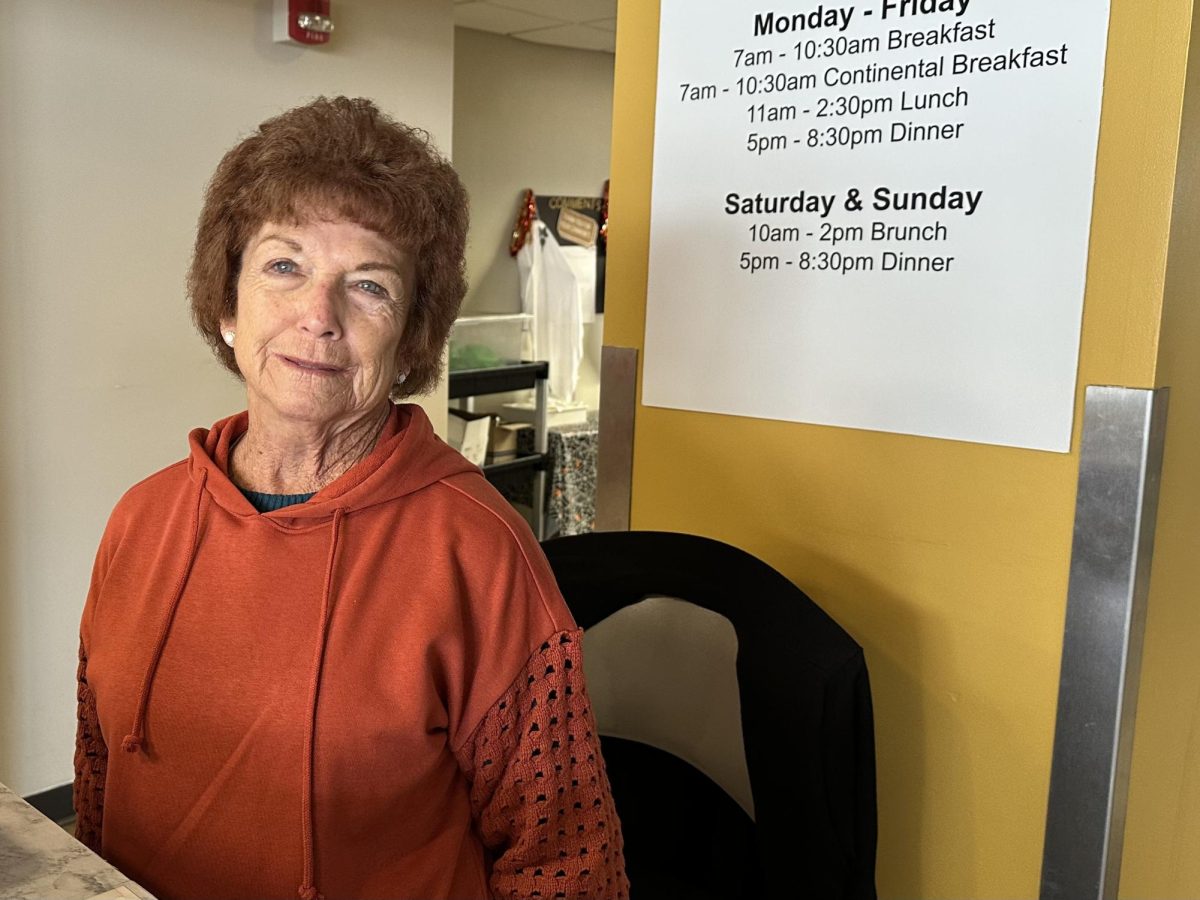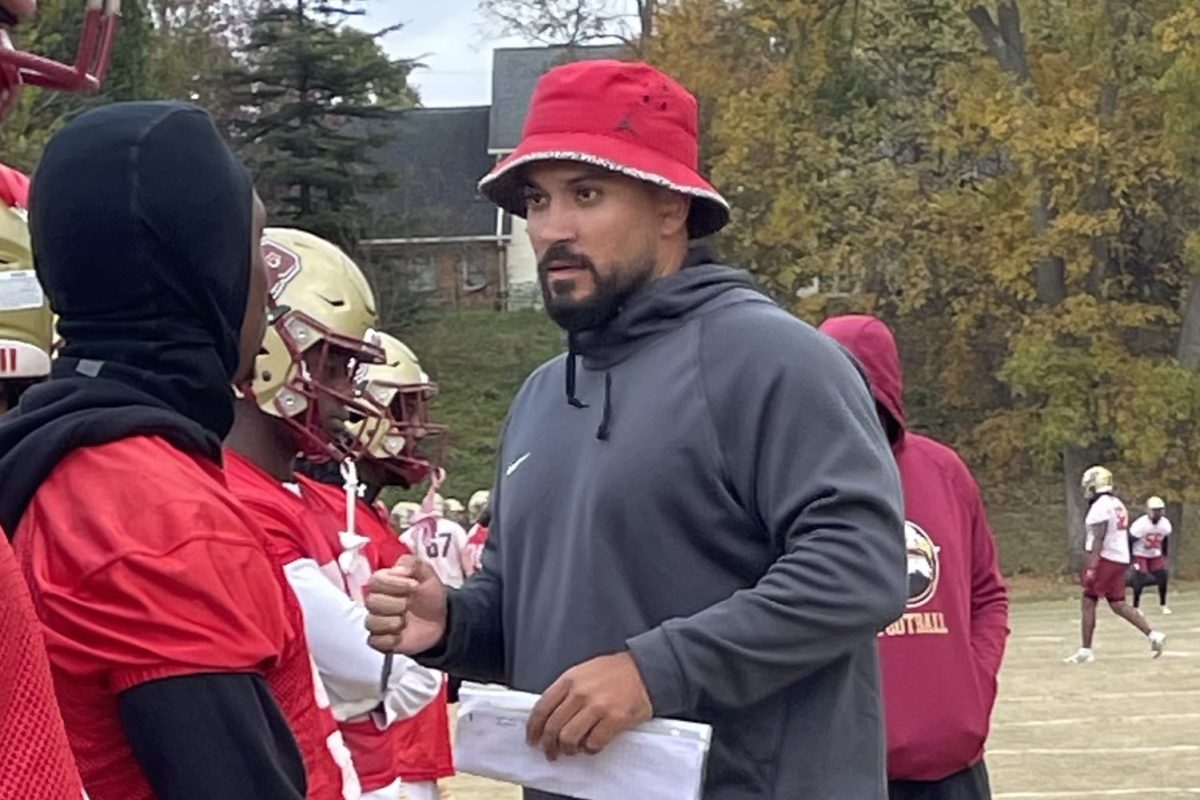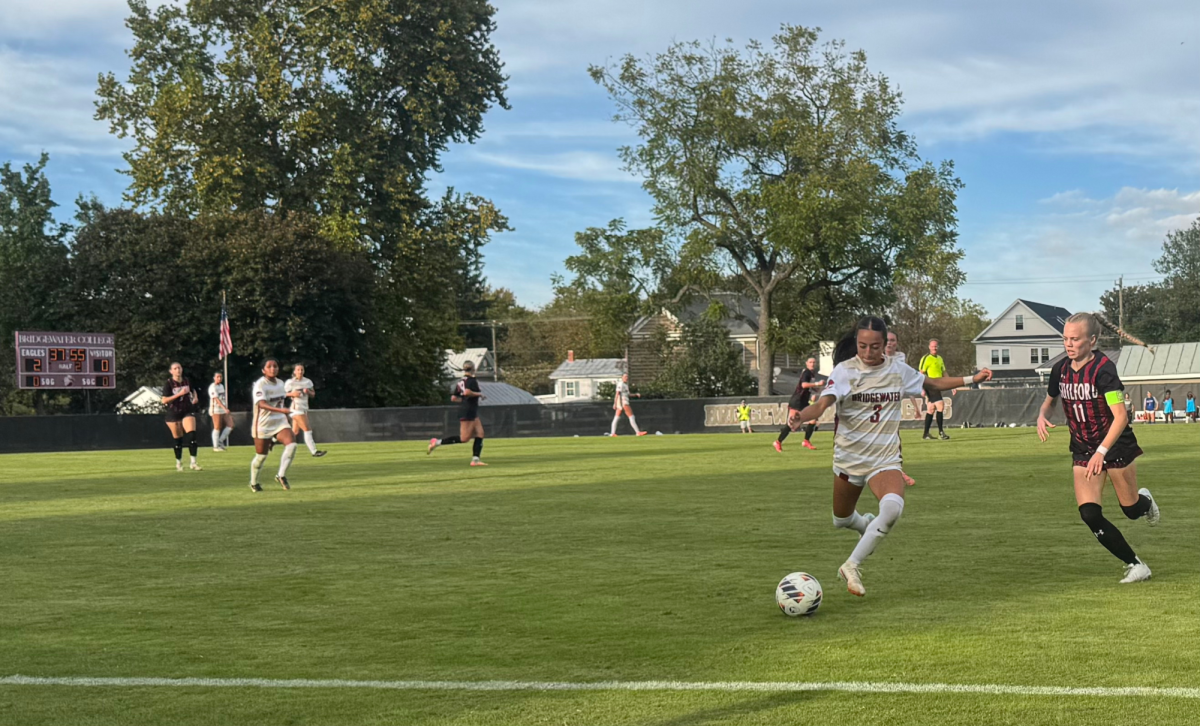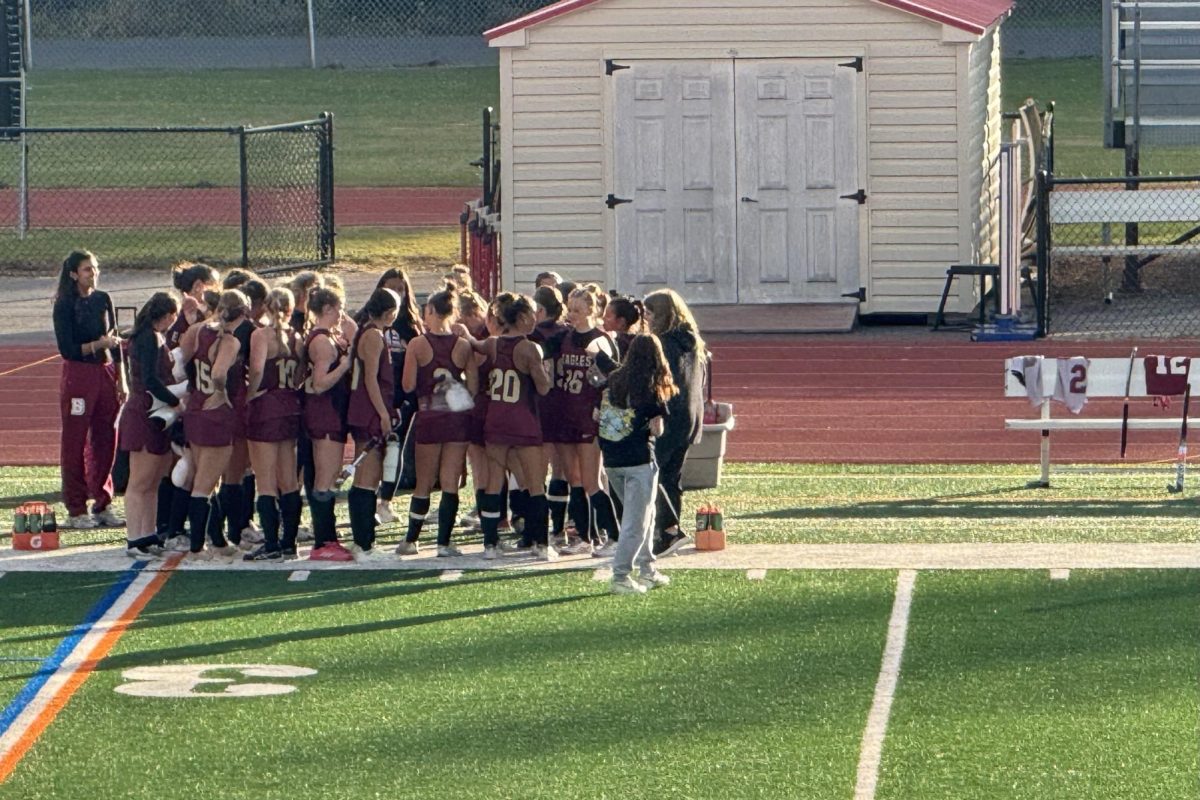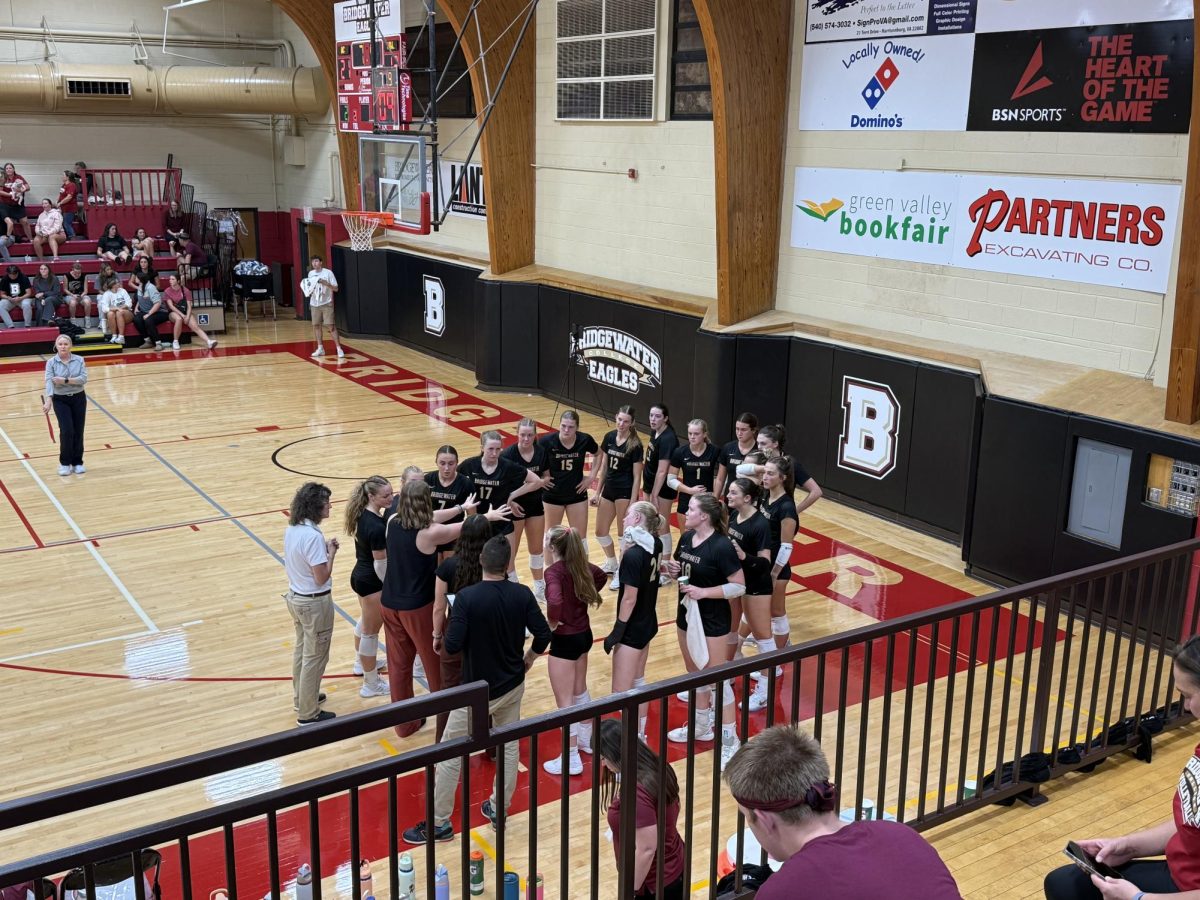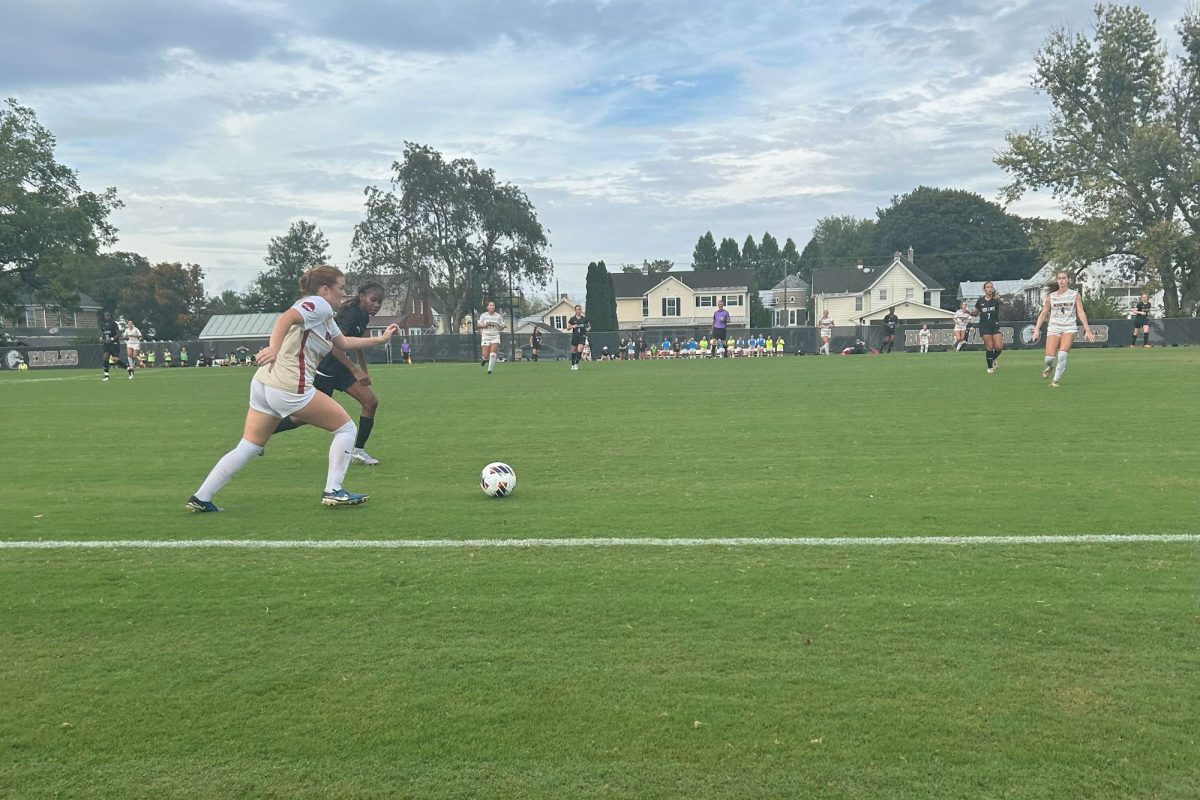BRIDGEWATER, Va.- A rise in gambling among young adults aims to threaten students’ health and mental wellness. College campuses have found themselves in the crosshairs of this growing epidemic by employing partnerships with online sports gambling companies.
The New York Times reported that at least eight universities had partnered with online sportsbooks and at least a dozen athletic departments have signed deals with casinos.
Louisiana State University (LSU), partnered with Caesars Sportsbook in 2021, sending promotional messages to students encouraging them to, “place your first bet (and earn your first bonus).”
This message was received by many students under the legal betting age of 21, raising serious concerns about higher institutions’ role in creating safe environments for students.
The allure of the easily accessible, quick money is often hard to pass up for students. Young adults are often facing tuition costs and do not have that much money to begin with.
“When it comes to young people, emerging adults, those people on college campuses, there’s just not that information out there on how to engage in gambling in a healthy way,” said Michelle Malkin, an associate professor at East Carolina University.
Malkin continued by stating, “The person who is developing into a problem gambler, for the most part, doesn’t want to stop gambling, because their head thinks, ‘This is fun. This is going to fix my problems,’ rather than, ‘I need to stop gambling because I’m destroying my life.’”
Statistics are difficult to gather on gambling because to record the amount of college students gambling, the confession must be self-admitted. To measure the amount of underage students gambling is even harder because students would have to incriminate themselves of illegal actions.
The reason why most athletic departments and universities have aligned with online sportsbooks is to recover financially from the Covid-19 pandemic. While these deals provide a boost in revenue for both parties, they come with significant risks to students.
The most troubling aspect are the deals made between the universities and the sportsbooks. Schools are supposed to educate and ensure the safety of their students, yet aligning with gambling companies exposes students to a predatory industry that profits off of financial loss.
Institutions should cease their partnerships with gambling promotions, prioritizing the safety of their students while also sending a strong message that they value students more than revenue. The likelihood of financial loss, potential addiction, and the impact on the mental health of students outweighs gains made by the University.
Gambling, unlike drugs and alcohol, does not have rehabilitation programs. Universities who decide to continue partnerships with sportsbooks and advertise to their students, may be creating addictions the school is not suited to handle or provide assistance with.
Bridgewater College does not have a partnership with a sportsbook but that does not mean students are not exposed to the advertising through major sporting events. All institutions should become educated on problem gambling and how to help students struggling.

